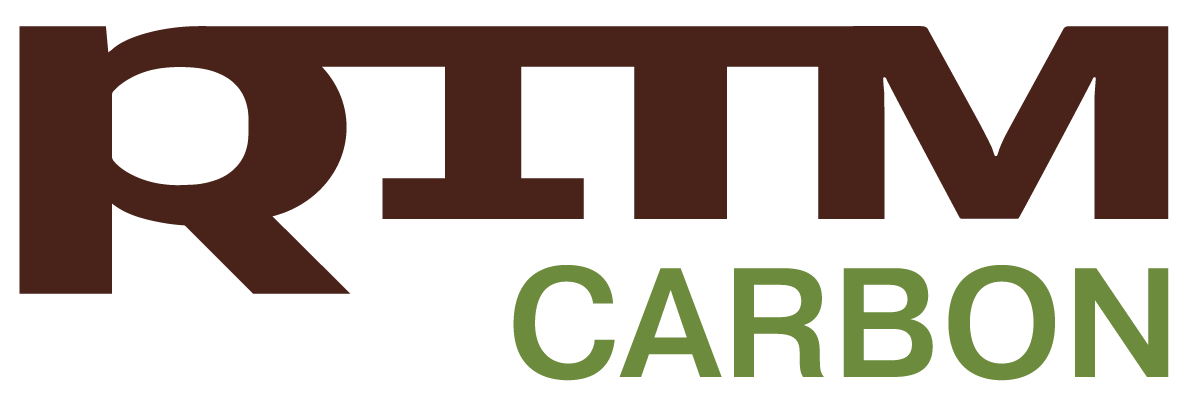The “Climate Agenda: Challenges and Opportunities” set of lectures will take place October 7 during the NAUKA 0+ Festival in Moscow. From 11:00 to 17:00 (Moscow time) in the D1 lecture hall of the Shuvalovsky building of Moscow State University (Lomonosovsky Prospekt, 27, building 4), visitors will learn the latest data on climate change, the impact of climate on human life, and the state of the environment.
Lecturers will talk about building climate models, calculating various parameters and forming a unified observation system. Lectures will be delivered by representatives of the Ministry of Economic Development and thematic consortia that are working on the key innovative government project “Unified National System for Monitoring Climatically Active Substances”.
Everyone can attend the lectures. Attendance of the NAUKA 0+ Festival is free. Online translation will be available on the website and in the VKontakte Official Public of the Festival.

Schedule of the “Climate Agenda: Challenges and Opportunities” set of lectures October 7:
| 11:00-11:50 (Moscow time) |
Climate Agenda: Challenges and Opportunities
Speaker: Irina Anatolyevna Petrunina, Director of the Department for Competition, Energy Efficiency and Environment at the Russian Ministry of Economic Development.
The lecture will provide an understanding of the main climate tracks along which Russia is moving towards carbon neutrality. This challenge was set by the President of Russia. Despite external pressure, it still remains relevant. This is the creation of a market for carbon units, the Sakhalin experiment on quotas and other instruments. The lecture will also discuss how Russia defends its positions at international climate negotiations and promotes its vision of further low-carbon development.
| 12:00-12:50 (Moscow time) |
Unified system for monitoring carbon stock and greenhouse gas fluxes in terrestrial ecosystems in Russia
Speaker: Natalia Vasilyevna Lukina, Director of the Center for Forest Ecology and Productivity of the Russian Academy of Sciences, Doctor of Sciences in Biology, Associate Member of the Russian Academy of Sciences.
The lecture is devoted to the development of a system for monitoring carbon stock and greenhouse gas fluxes in terrestrial ecosystems in Russia, built on the integration of surface measurement data, remote sensing and mathematical modeling. The following issues will be discussed: (1) the relevance of this task for Russia, (2) methodology, (3) results obtained for the period from October 2022 to August 2023, (4) development prospects.
| 13:00-13:50 (Moscow time) |
Climate models as the main tool for studying climate and its changes
Speaker: Evgeny Mikhailovich Volodin, Doctor of Sciences in Physics and Mathematics, Professor of the Russian Academy of Sciences, leading researcher at the Marchuk Institute of Numerical Mathematics (INM RAS), award winner of the Obukhov Gold Medal RAS (2023).
The basic principle of constructing a climate system model is to take into account all the main processes affecting the climate system in the most accurate way possible. Modern climate models describe atmospheric and ocean dynamics, including sea ice, soil processes and vegetation-atmosphere interactions, glacial evolution, atmospheric and oceanic chemistry, and aerosol evolution. Visitors will learn how we can obtain a forecast of climate change for tens and hundreds of years, a forecast of climate anomalies for several years, and a forecast of weather anomalies for a season using a climate model.
| 14:00-14:50 (Moscow time) |
Possibilities for improving the system of calculated monitoring of anthropogenic emissions of greenhouse gases and black carbon in the Russian Federation
Speaker: Anna Anatolyevna Romanovskaya, director of the Federal National State-Funded Institution Yu. A. Izrael Institute of Global Climate and Ecology, Associate Member of the Russian Academy of Sciences, Doctor of Sciences in Biology.
Visitors will learn about the system of calculated monitoring of anthropogenic emissions of greenhouse gases and black carbon in the Russian Federation, about the National Cadastral Register and what it includes, about the modern ways of collecting and processing data and the main areas for its improvement, about the possibilities of clarifying the estimates of emissions and absorption of greenhouse gases, the purposes of developing the National Cadastral Register digital platform and its subsystems.
| 15:00-15:50 (Moscow time) |
Climate agenda and economic development: risks and opportunities
Speaker: Aleksandr Aleksandrovich Shirov, Director of the Institute for Economic Forecasting of the Russian Academy of Sciences, Doctor of Sciences in Economics, Associate Member of the Russian Academy of Sciences.
Climate influences human life and economic activities. By protecting the climate, we strive to make our lives better. At the same time, it is very important that climate goals complement the solving of problems in the field of economic development and improvement of the quality of life. Russia has every opportunity to pursue a balanced economic development policy with a significant contribution to solving global climate protection tasks.
| 16:00-16:50 (Moscow time) |
Application of remote sensing methods from space to monitor the carbon stock in terrestrial ecosystems in Russia
Speaker: Sergey Aleksandrovich Bartalev, chief researcher at the Space Research Institute of the Russian Academy of Sciences, Doctor of Engineering, professor.
The lecture presents modern capabilities and prospects for the development of methods for Earth remote sensing from space to monitor the carbon stock of forests and other terrestrial ecosystems. The speaker gives the analysis of the dynamics of the carbon stock in Russian forests for the period from the beginning of this century to the present and examples of the possible use of the data obtained to support decision-making on the management of forests and other ecosystems in the interests of implementing the national strategy for achieving carbon neutrality in our country.
